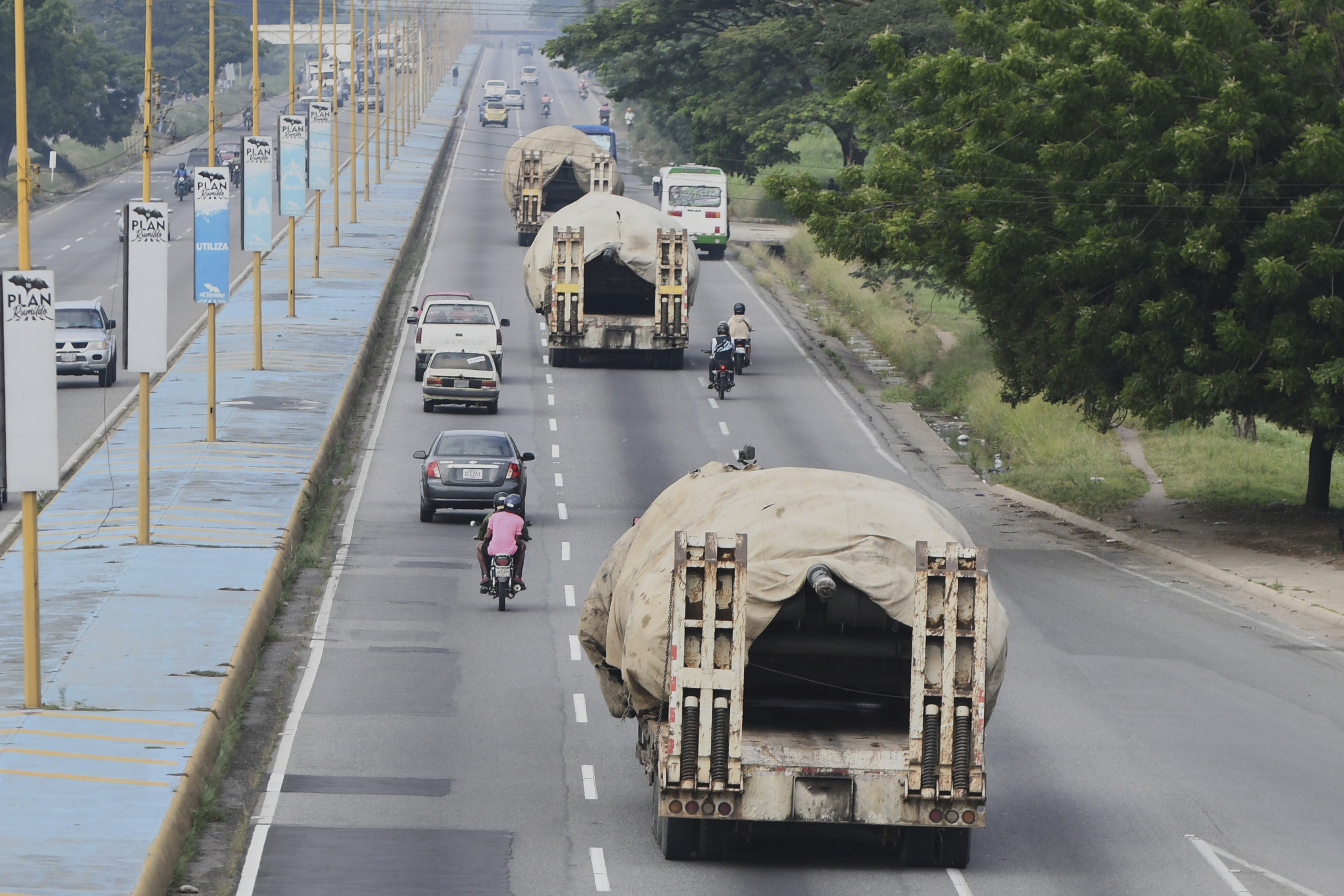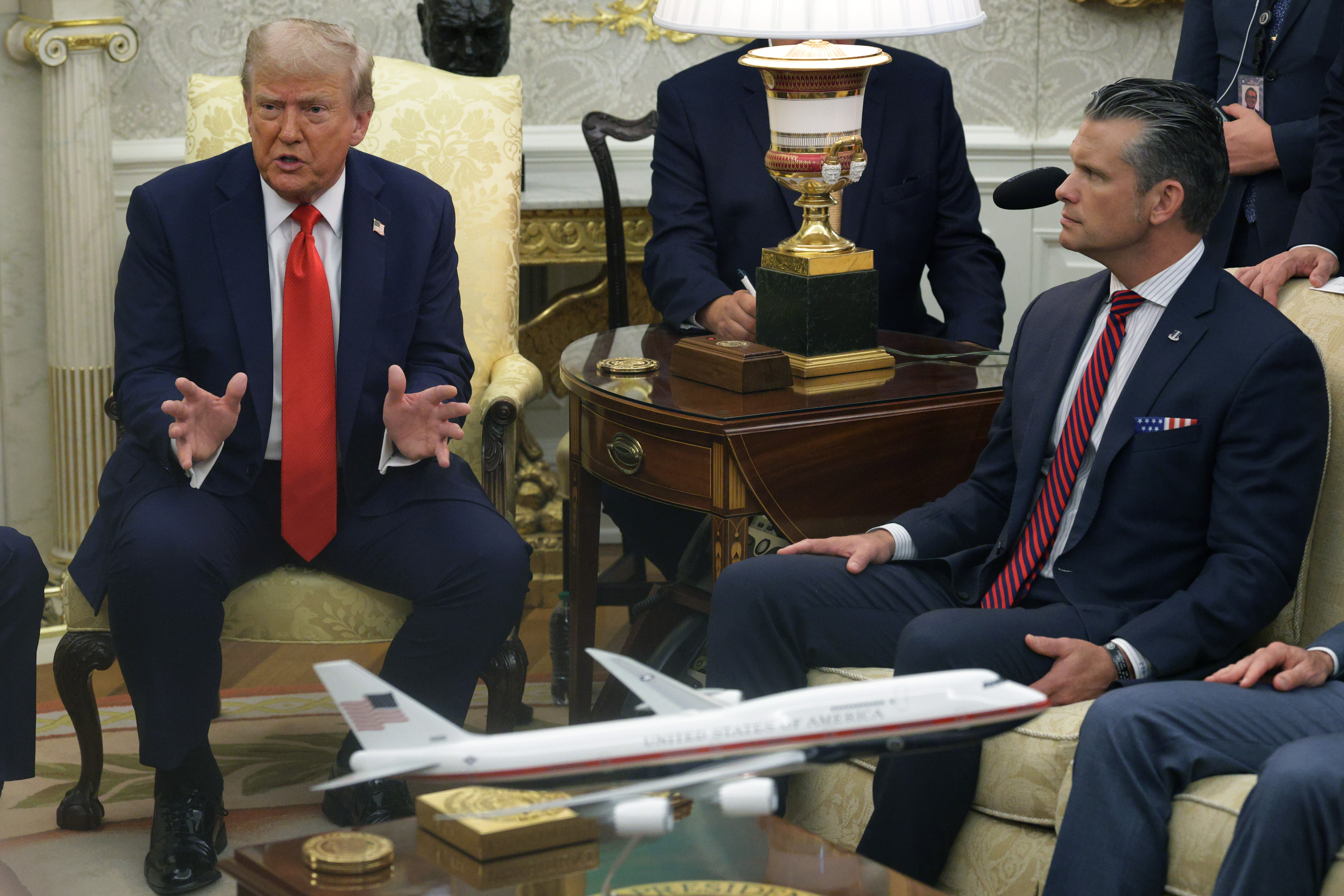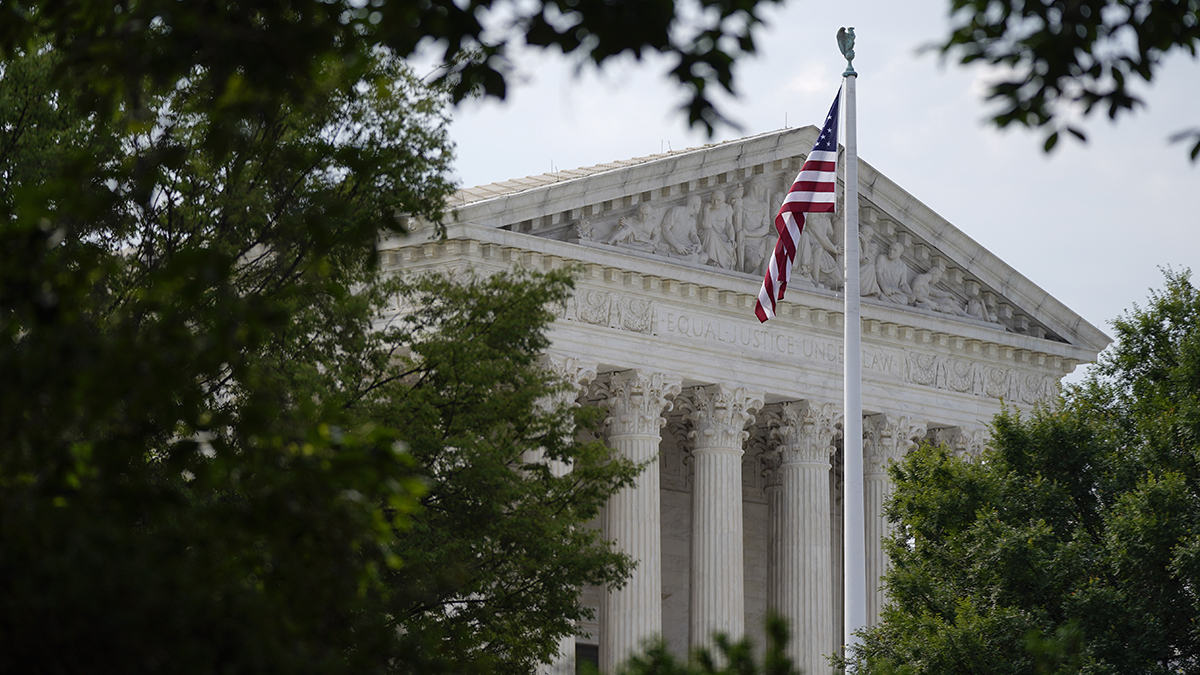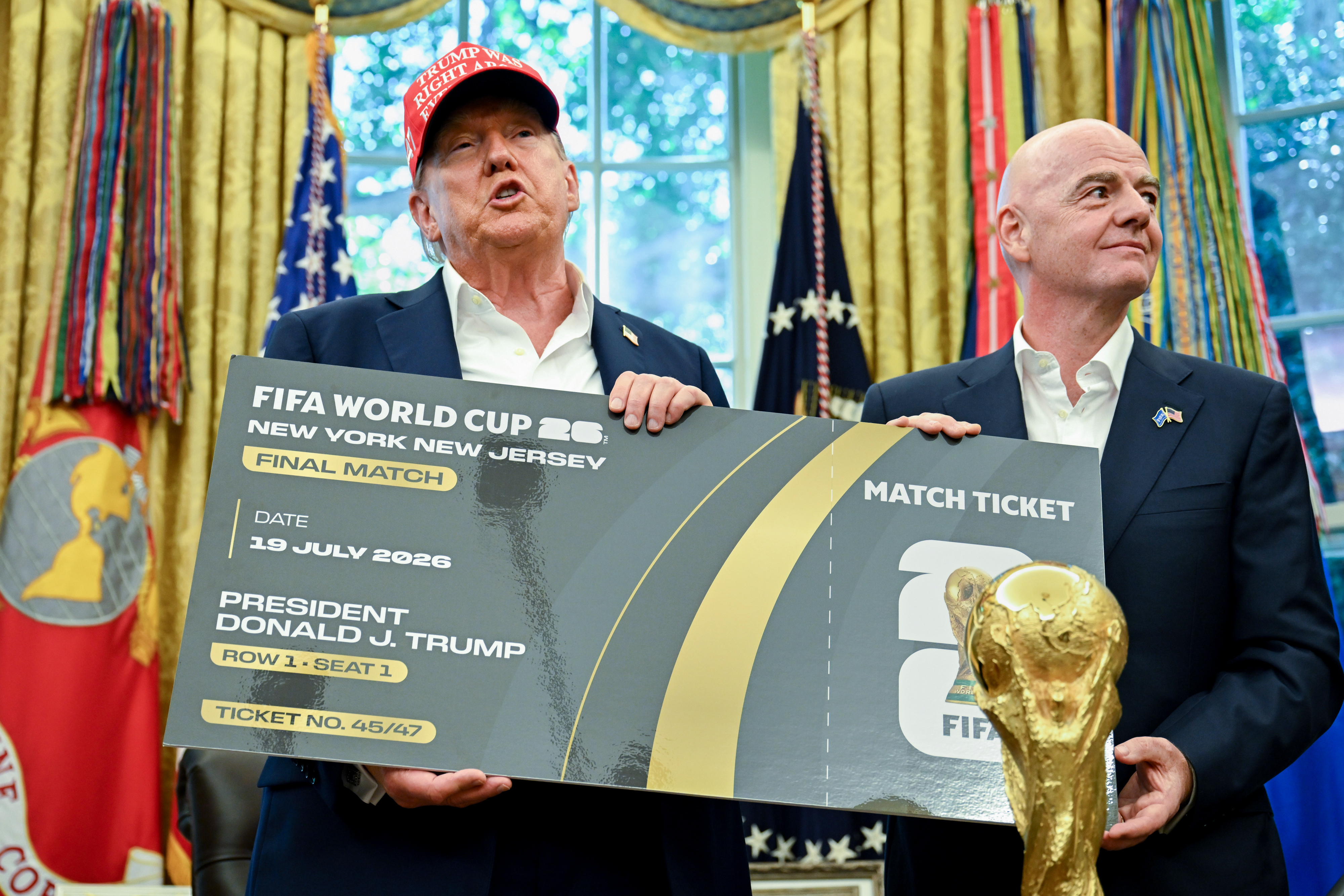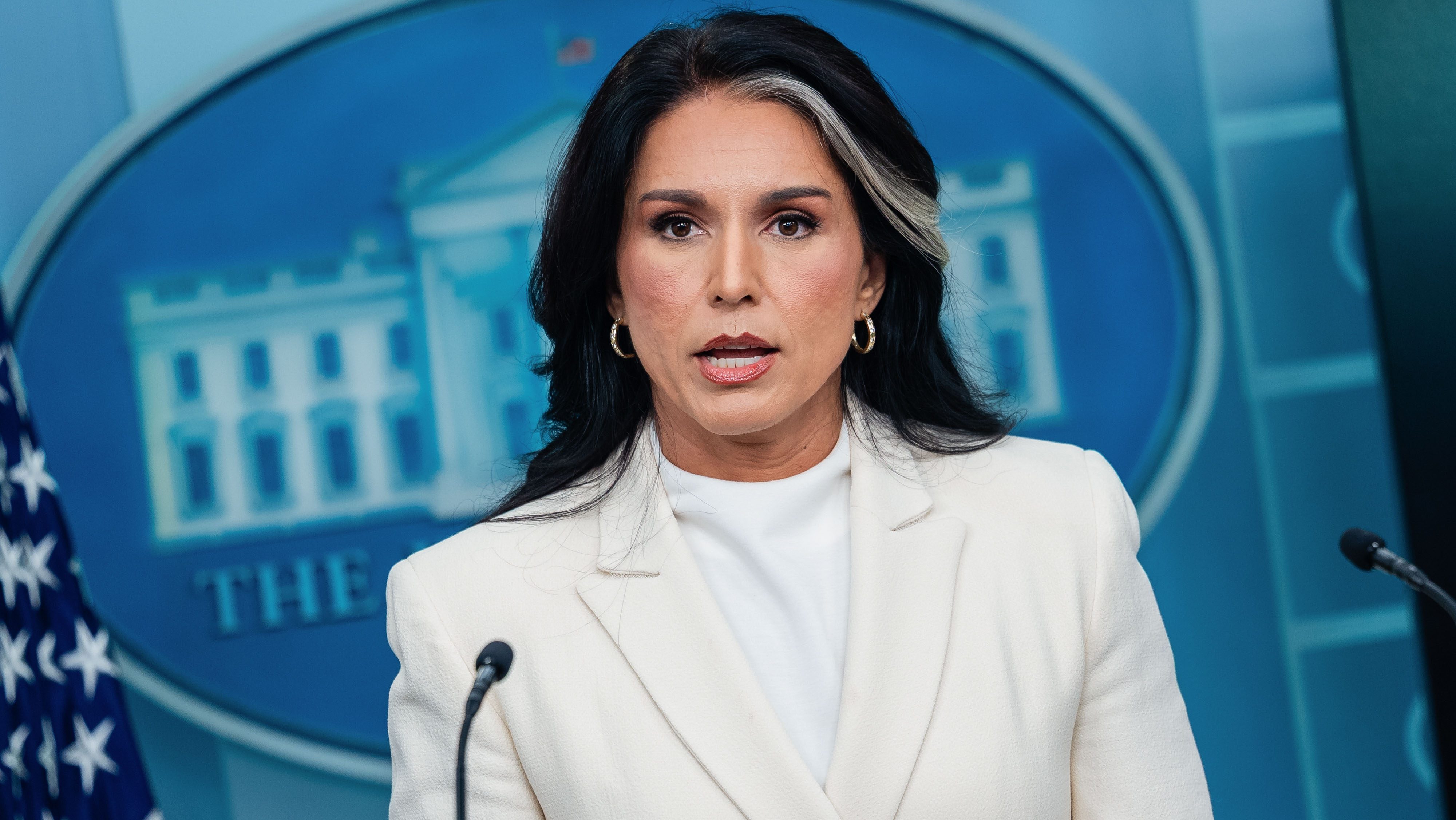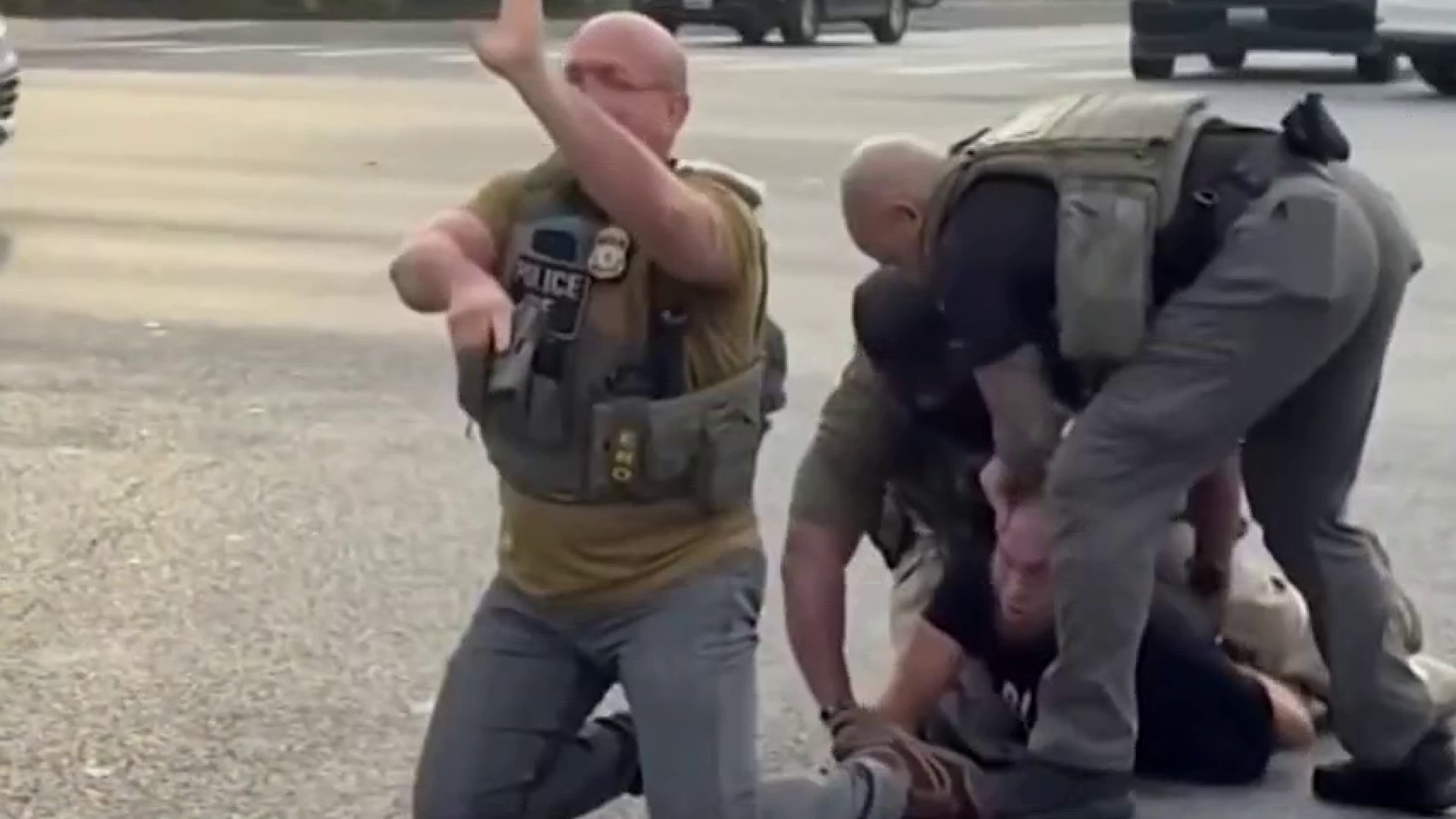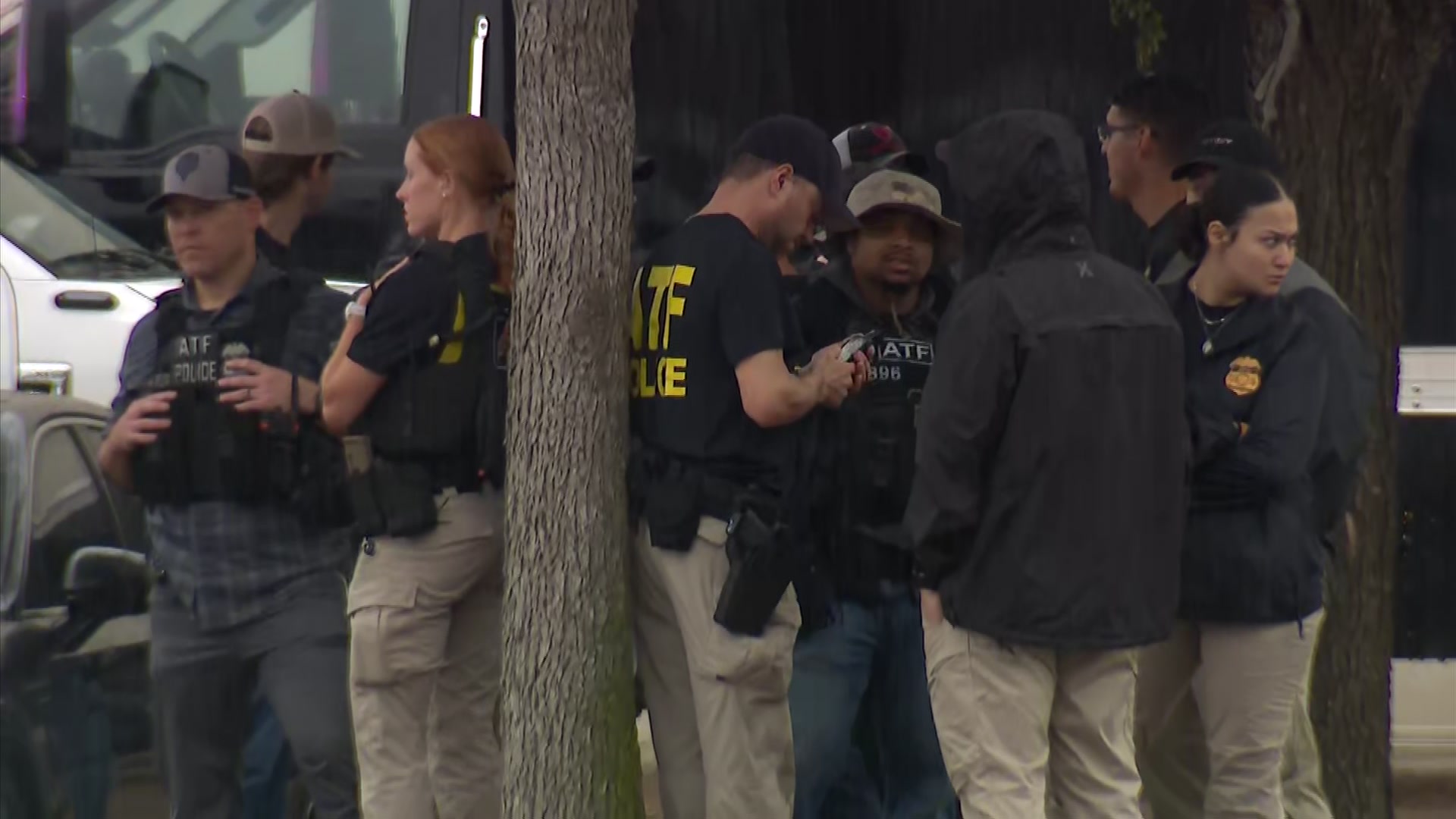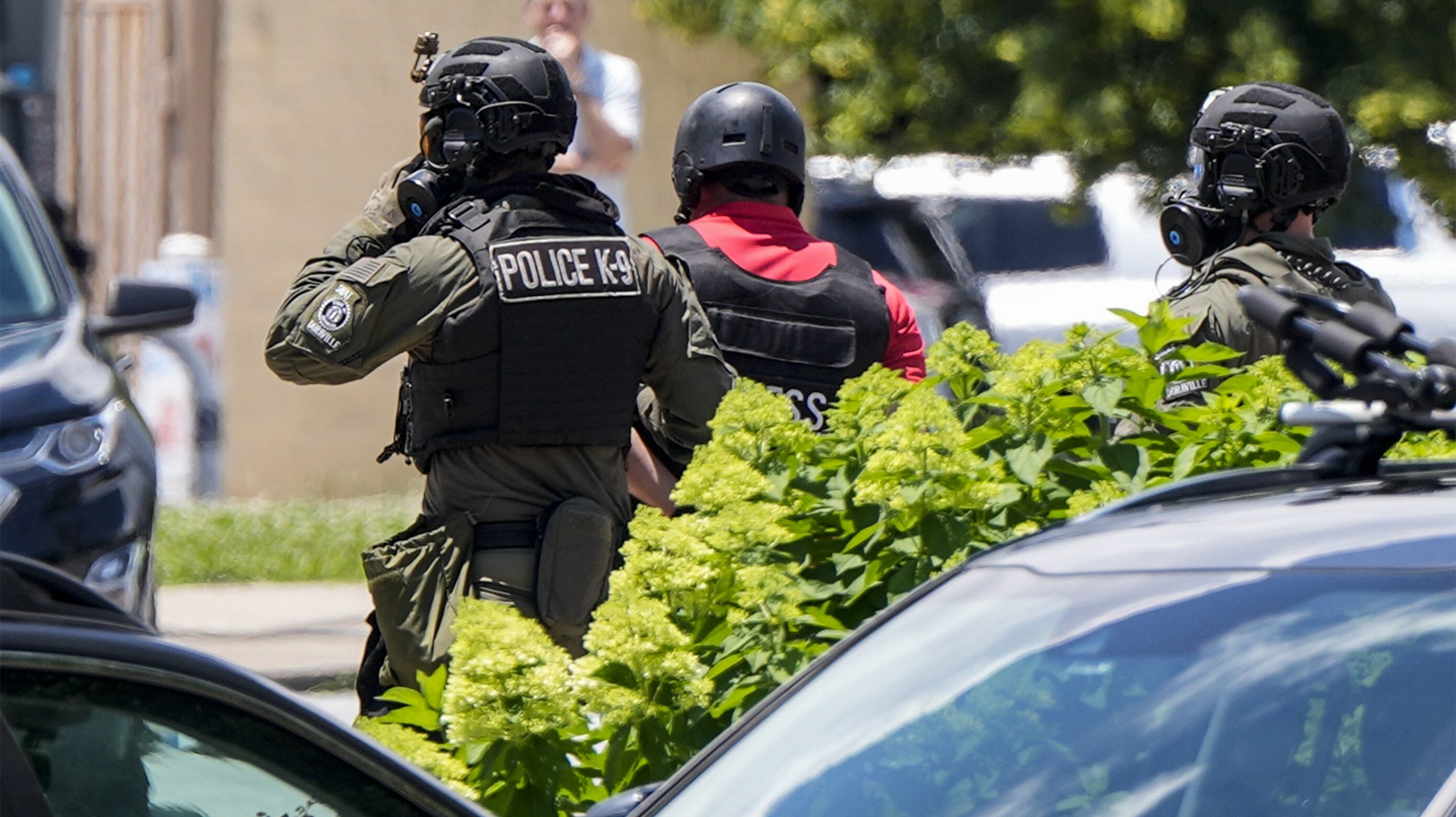U.S. military officials are drawing up options to target drug traffickers inside Venezuela, and strikes within that country’s borders could potentially begin in a matter of weeks, four sources told NBC News.
Those sources are two U.S. officials familiar with the planning and two other sources familiar with the discussions. They spoke on the condition of anonymity because they were not authorized to discuss the plans publicly.
Striking inside Venezuela would be another escalation in the Trump administration’s military campaign against alleged drug targets and its stance toward Venezuela’s government.
In recent weeks, the U.S. military struck at least three boats from Venezuela allegedly carrying narco-traffickers and drugs that could threaten Americans, President Donald Trump said on Truth Social. The administration has not provided evidence that drugs were on all of those boats. But an official in the Dominican Republic, alongside one from the U.S. Embassy there, did say at a press conference Sunday that drugs were found in the water after one strike.
Strikes inside Venezuela could happen in the next several weeks, but the president has not approved anything yet, the four people said. Two of them and an additional official familiar with the discussions said that the United States’ recent military escalation is in part a result of Venezuelan President Nicolás Maduro not doing enough, in the administration’s view, to stop the flow of illegal drugs out of his country.
The plans being discussed primarily focus on drone strikes against drug trafficking groups’ members and leadership, as well as targeting drug labs, the four sources said.
Asked for comment, the White House referred NBC News to this previous statement from the president: “We’ll see what happens. Venezuela is sending us their gang members, their drug dealers and drugs. It’s not acceptable.” The Pentagon declined to comment.
Some Trump administration officials are disappointed that the United States’ military escalation does not appear to have weakened Maduro’s grip on power or prompted any significant response, the official familiar with the discussions said. The White House has faced more pushback on the strikes against the drug boats than it anticipated, prompting the administration to think carefully about next steps, the official familiar with the discussions said.
That includes discussions between the U.S. and Venezuela through Middle Eastern leaders serving as intermediaries, NBC News has learned. According to a senior administration official, Maduro has spoken to those intermediaries about concessions he would be willing to make to remain in power. The senior administration official would not specify which countries are acting as intermediaries beyond saying that they are allies.
Trump is “prepared to use every element of American power to stop drugs from flooding into our country and to bring those responsible to justice,” the senior administration official said.
The Venezuelan government did not immediately respond to a request for comment. Maduro has previously denied any role in drug trafficking and has repeatedly alleged that the U.S. is trying to force him from power.
Asked about the possibility of U.S. strikes within his country, Anibal Sanchez Ismayel, a Venezuelan political analyst, told NBC News in a WhatsApp message, “An attack on Venezuelan soil would have consequences from diplomatic protests to an increase in political persecutions of those they classify as collaborators, to further uniting the population with the need to defend sovereignty reaffirmed.”
The official familiar with discussions and another source familiar with the administration’s thinking believe the U.S. striking inside Venezuela would not be surprising given other recent events.
The U.S. has deployed at least eight ships with more than 4,000 personnel to the waters in the region recently and sent F-35 fighter jets to Puerto Rico, according to the U.S. military.
“You don’t move that many resources down there without looking at all options,” the source familiar with the administration’s thinking said.
That is especially true because keeping thousands of U.S. military forces, ships and aircraft in the area could begin to impact deployments elsewhere.
“You can’t keep that kind of firepower in the Caribbean forever,” one of the sources familiar with the discussions said.
In 2020, during Trump’s first term, the Justice Department indicted Maduro on drug trafficking charges. The Trump administration has accused Maduro of working with cartels that it says are sending cocaine, fentanyl and gang members to the U.S. The administration recently increased a U.S. reward for Maduro’s arrest to $50 million. Venezuela is not a significant cocaine producer, but is considered a major departure point for flights carrying the drug elsewhere. It is not believed to be a source for illegal fentanyl brought into the U.S., most of which comes from Mexico.
Trump administration officials have not ruled out regime change as another aim of these military operations, and they have increased pressure on Maduro himself. NBC News previously reported that the administration’s goal, according to the source familiar with its thinking, is to force Maduro to make rash decisions that could ultimately lead to him being ousted without American boots on the ground.
Secretary of State Marco Rubio has been one of the voices championing regime change, according to the source familiar with the administration’s thinking.
Earlier this month Maduro sent a letter to Trump about opening a dialogue, according to a social media post by the Venezuelan government. White House press secretary Karoline Leavitt confirmed Trump received the letter but condemned it.
“Frankly, I think there were a lot of lies that were repeated by Maduro in that letter, and the administration’s position on Venezuela has not changed,” Leavitt said at a White House press briefing Monday. “We view the Maduro regime as illegitimate, and the president has clearly shown that he’s willing to use any and all means necessary to stop the illegal trafficking of deadly drugs from the Venezuelan regime into the United States of America.”
The U.S. has continued to coordinate with Venezuela on some matters, including on continuing deportation flights, the official familiar with the discussions said. There have been 54 such flights through last Friday, that official said.
Ric Grenell, who serves as the special presidential envoy for special missions, has been in routine communication with Trump and continues to push diplomacy with Venezuela as an option, according to the same official as well as a source familiar with the negotiations.
Erika Angulo contributed.

Want more insights? Join Working Title - our career elevating newsletter and get the future of work delivered weekly.
